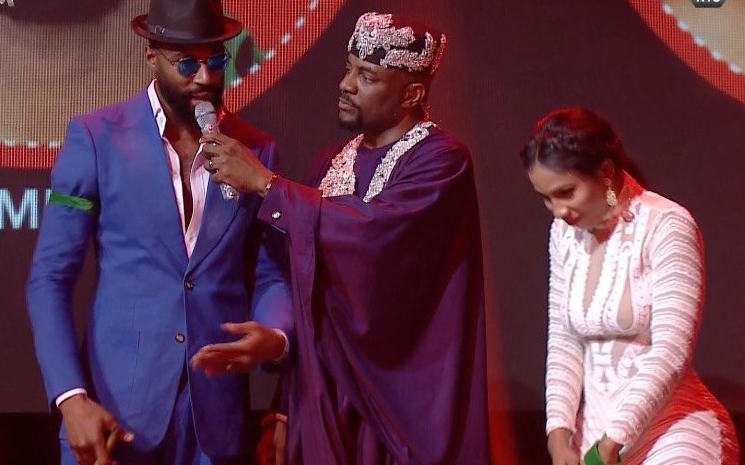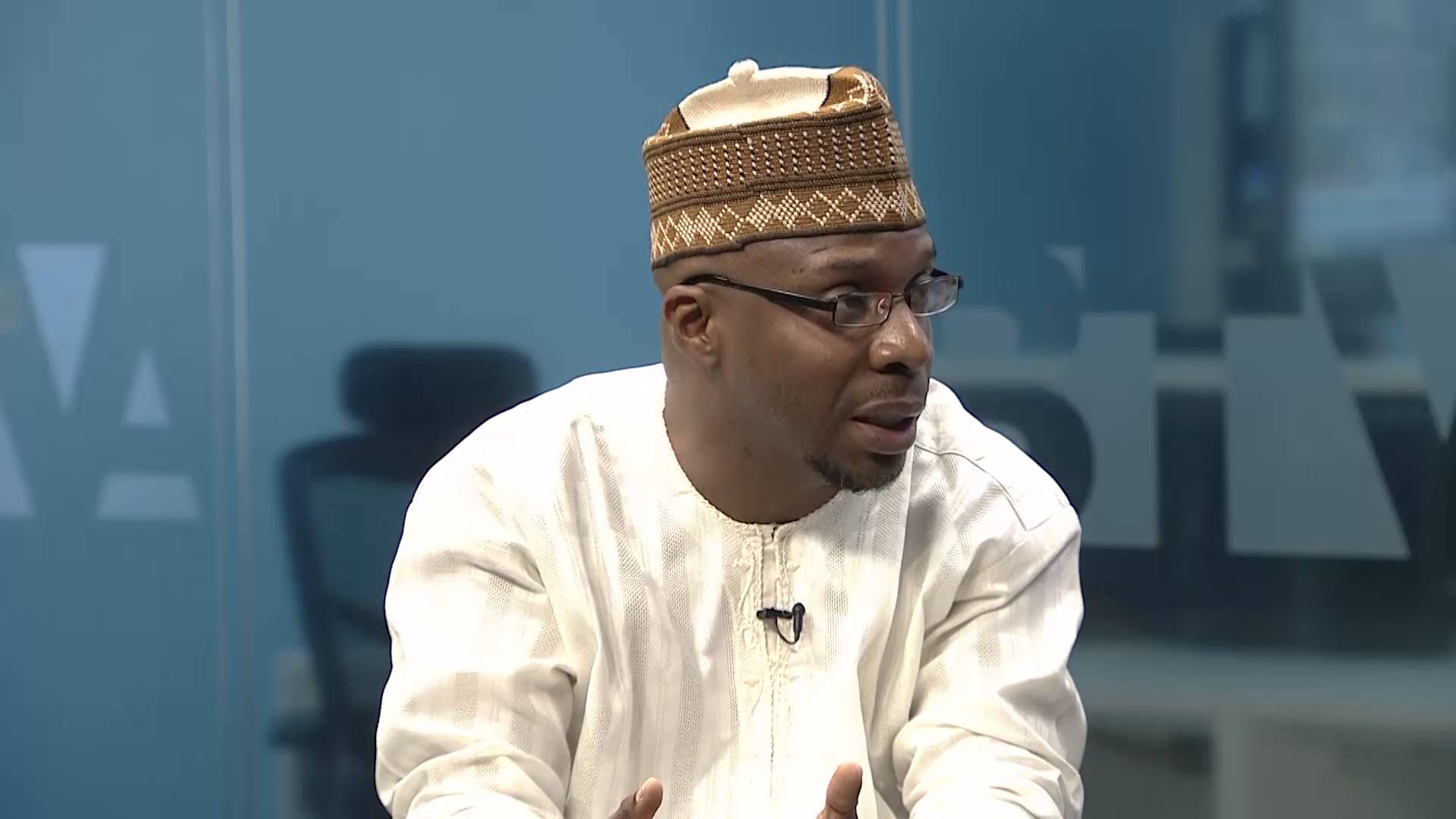The just-concluded fourth edition of the Big Brother Naija tagged “Pepper Dem” will be the second time the popular reality show was held in Nigeria after the 2006 edition that featured Katung, Francisca, Ify, Sandy, Frank, Joseph and Helen.
Before now, the show had been held outside the shores of the country, and it had generated a buzz, with Nigerians, including even the government calling for the show to be held in the country, citing among other reasons, economic reasons.
The Nigerian government weighed in with the Minister of Information and Culture directing the Nigerian Broadcasting Commission (NBC) to determine whether Multi-Choice, by shooting the show in South Africa, had breached the Nigerian Broadcasting Code in any way.
This year, Nigerians were appeased when Multichoice announced that BBNaija was coming back to Nigeria.
However, the show did not end without criticisms from different quarters, including from the Muslim Rights Concern (MURIC) that ‘cursed’ the show, describing it as “immoral, dangerous and Bohemian”.
The federal government as well, while the show was on, lodged a complaint with the NBC on the live sex being exhibited during the reality show, to the extent that Mr Segun Runsewe, the Director-General, National Council for Arts and Culture, disclosed moves to evolve an alternate Big Brother Naija show.
However the curses the Big Brother Naija show had received, it has bearing on the Nigerian economy, and significant impact on the country’s gross domestic product (GDP).
According to the National Bureau of Statistics (NBS), non-oil sector contributed 91.18 per cent to the nation’s GDP in the second quarter of 2019 as opposed to the 8.82 per cent contributed to total real GDP by the oil sector.
The just-concluded BBNaija “Pepper Dem” show won by Mercy Eke aka Mercy de Lamborghini, may have made billions from viewers, relying mainly on votes powered by telecoms operators.
Congratulations to the first female winner of #BBNaija!
Mercy is the winner of the Pepper Dem season!#BBNaijaFinale
— Big Brother Naija (@BBNaija) October 6, 2019
The host of the show, Ebuka Obi-Uchendu revealed that over 240 million votes were cast in the course of the season, with 50 million of the votes coming in the final week.
Although commentators on social media are suggesting the show may have raked in as much as N7.2 billion, that claim could not be independently verified.
Based on how the BBNaija game works, viewers were asked to cast votes for their favourite housemates to keep them in the house as the housemate with the highest votes would win. The cost of voting was N30.
The calculation being made is that going by the 240 million votes at N30 per SMS, the revenue from the show would be N7.2 billion.
But that computation might be faulty as a lot of votes were cast online, and were free, and also owing to the fact that telecoms operators through which the votings were done will hold back a substantial percentage of the SMS fee.
Organizers of the show did not break down the votes to reveal the numbers of votes received through SMS. However, the votes will positively affect the contribution of the ICT sector to the nation’s GDP, and the show will wash off on the broader entertainment sector.
NBS said that the ICT sector contributed 13.85 per cent to total nominal GDP of the nation in the second quarter of 2019, surpassing the 8.82 per cent contribution of the oil sector.
With the fact that the major focus of the show is primarily entertainment, and with its multiplier effect that resonates across industries and value chains, the gains accrued are far-flung.
A show like Big Brother Naija requires an army of cameramen, and technicians of various stripes to get made. These crew members are quartered and catered too. Add to that the number of DJs, artists and the media who are flown in to perform and cover the event especially eviction weekend. They are lodged in hotels. The show runs for 3 months, so each week, hotels see an influx of artists and their company, media and their crew, and DJs who jam at the parties.
This season’s BBNaija must have brought jobs to Nigerians. Starting with the building of the set – in the past, the organisers of the reality show cited the impracticality of duplicating sets as one of the reasons for hosting the show in South Africa. But with hosting the show in Nigeria, it means Nigerians must have earned some cool cash from the set building for the show.
MultiChoice has always maintained that the production crew of the BBNaija show is 90% Nigerian. Hopefully, with the return of the show to the country, the number will peak at 100%.
Production crews are vital to the realisation of the show. Someone has to set the camera and hidden microphones that put the housemates under constant surveillance. There is the content producer that scripts the direction of the show for each season.
Makeup artists and costume designers will also experience a boost in business as they will be contracted to clothe the host and the housemates.
More apparent is how BBNaija empowers its housemates through the fame they get from being on the show, giving them a springboard to launch careers in the Nigerian showbiz industry. Easy examples are Ebuka who has parlayed his Big Brother stint into a lucrative career as a television host, and Gideon Okeke who is a household name even though he is not a Nollywood staple.
Mercy de Lamborghini, winner of the just-concluded BBNaija “Pepper Dem” show will take home N25 million in cash, a new SUV from Innoson motors, a trip to Dubai for two (possibly with Ike), Scanfrost electronic makeover, one year supply Pepsi, one year supply Munch It and Indomie, VVIPP tickets for European final. The prizes worth a total of N60 million.
Africa this is how you Voted:
Mercy won #BBNaija with 41.77%!#BBNaijaFinale
— Big Brother Naija (@BBNaija) October 6, 2019
The Big Brother Naija “Pepper Dem” show came to a close on Sunday, with Mercy as the first lady to win in the show with 41.77 votes.



